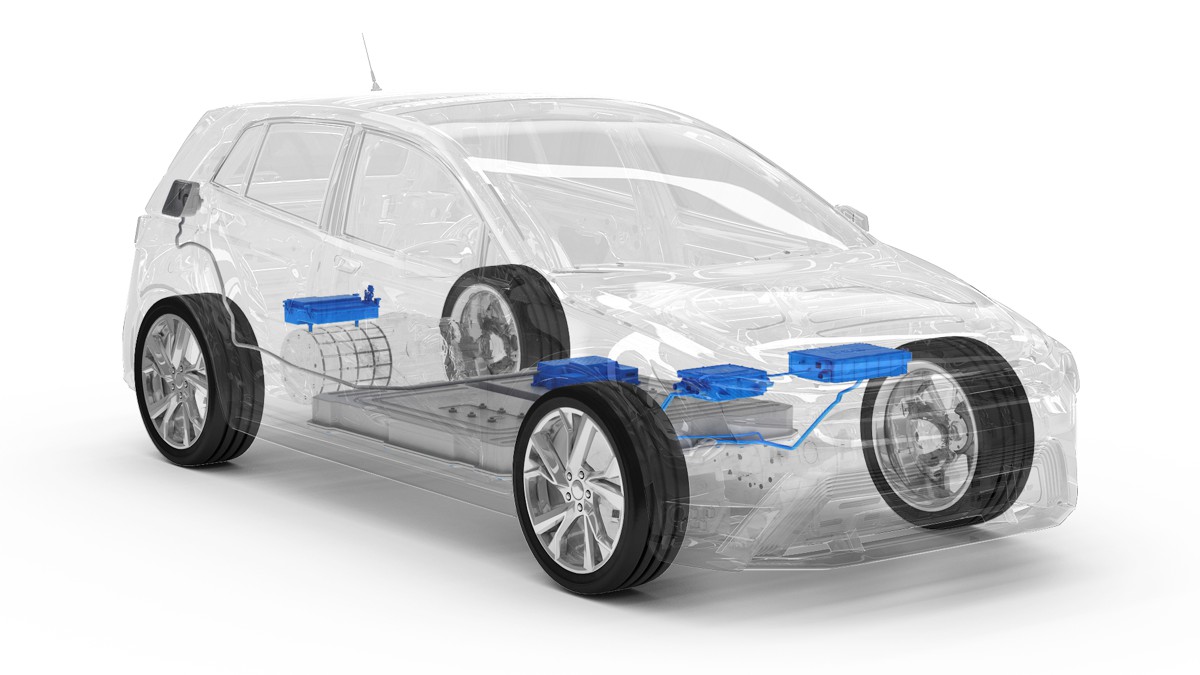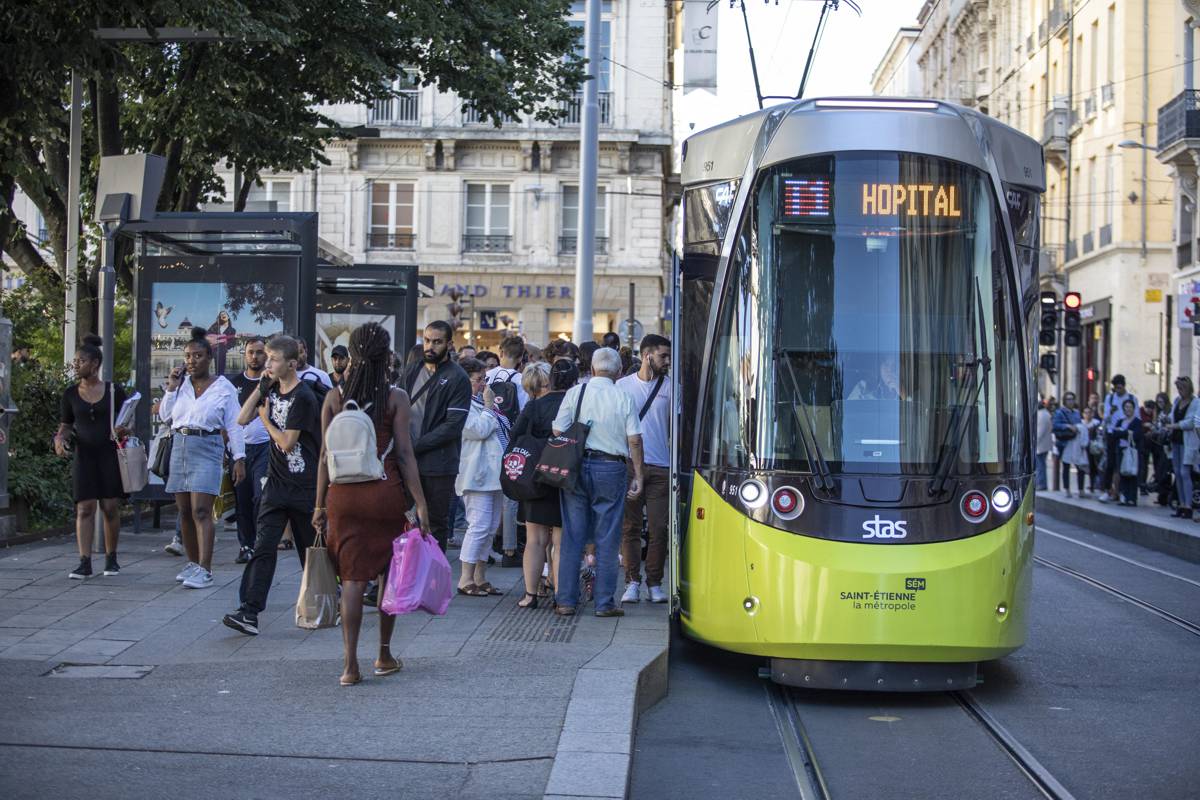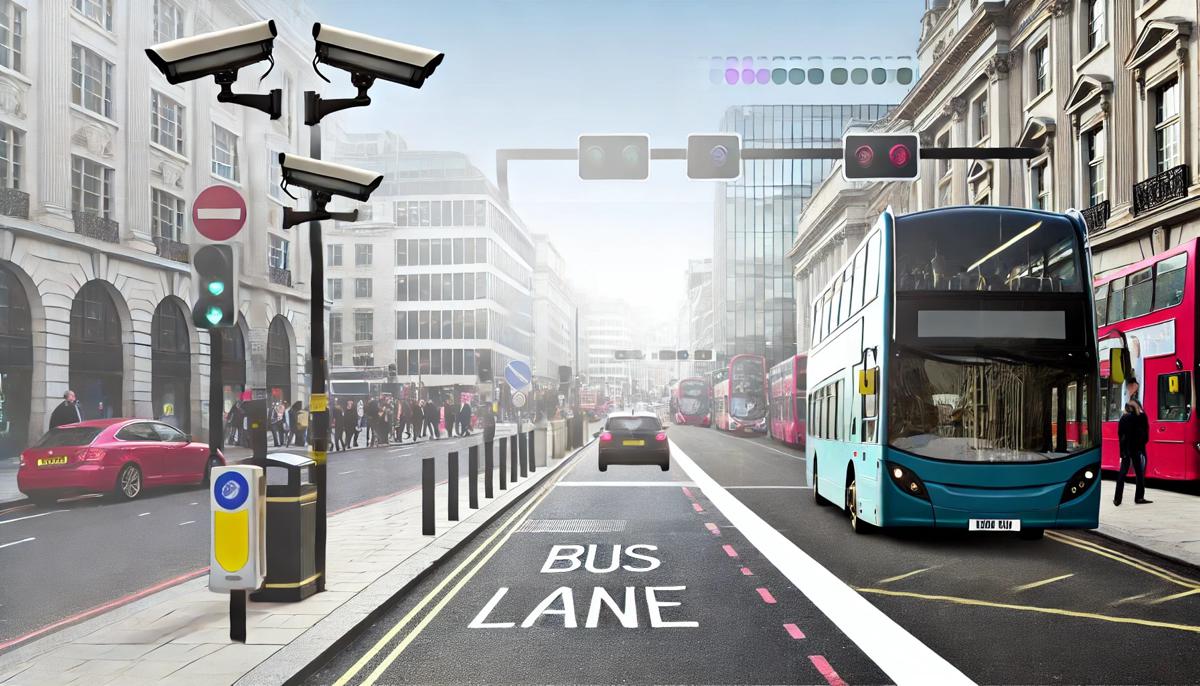The British cities that could benefit most from £500m EV Rapid Charging Fund
According to new research from Uswitch.com, the comparison and switching service, Stoke-on-Trent, Southend and Birmingham are among the cities that could benefit most from the Government’s £500 million EV Rapid Charging Fund which aims to support the increase of electric vehicles (EVs) on the UK’s roads through the installation of new public charging points.
The funding, details of which were released by the transport secretary at the Government’s daily update on Thursday 14 May, suggests that 2,500 rapid charging stations will be installed across England by 2030, rising to 6,000 by 2035[4]. This will also see the end of the sale of petrol and diesel vehicles.
One of the main worries for those thinking about purchasing an EV is ensuring they have the facilities available to keep it charged – and, according to new research as part of Uswitch.com’s ‘Electric Nation’ study, some parts of the UK are much less prepared for the rise of EVs than others.

With just one public charging point for each of the city’s 268 electric vehicles – the lowest in the UK – Stoke-on-Trent would benefit significantly from the new funding to encourage its drivers to go green. Just ahead was Southend (one charging point to every 202 EVs) and Birmingham (1 to 175).
Top of the rankings for charging points was Bristol, where 23 electric vehicles each have access to their own public charging station. Milton Keynes (1 to 23) and Dundee (1 to 28) also lead the way in current provisions for EV drivers.
Top ten UK cities for EV charging provisions as of May 2020
- Bristol – 22.9 EVs per charging point
- Milton Keynes – 23.4 EVs per charging point
- Dundee – 28 EVs per charging point
- Oxford – 28.5 EVs per charging point
- Brighton – 28.6 EVs per charging point
- Sunderland – 30.7 EVs per charging point
- Greater London – 35 EVs per charging point
- Coventry – 35.4 EVs per charging point
- Lancaster – 41.3 EVs per charging point
- Exeter – 43.3 EVs per charging point
Bottom ten UK cities for EV charging provisions as of May 2020
- Stoke-on-Trent – 268 EVs per charging point
- Southend – 201.8 EVs per charging point
- Birmingham – 174.9 EVs per charging point
- Wolverhampton – 164 EVs per charging point
- Bolton – 161.3 EVs per charging point
- Hull – 157.4 EVs per charging point
- Bradford – 149.2 EVs per charging point
- Wakefield – 138 EVs per charging point
- Preston – 131.9 EVs per charging point
- Leicester – 122.7 EVs per charging point
Despite these figures, it’s clear that many local councils are putting serious effort into EV charging provisions in their towns and cities. Comparing the results from a previous study[5] in April 2019, Coventry had made the biggest changes in provisions over the last year, installing more than 140 new charging stations – a rise of 293%. Sheffield (up 147%) and Derby (up 142%) also made great strides.

Sarah Broomfield, energy expert at Uswitch.com, said: “It’s a really exciting time to be an EV driver. This research suggests that the Rapid Charging Fund could have a significant impact for drivers across the UK – especially for those living in cities such as Stoke-on-Trent, Southend and Birmingham who are thinking about purchasing one.
“The funding will be instrumental in delivering a more sustainable future for the nation’s transport. It’s crucial though that this investment is spent wisely and is targeted towards the regions that need the funding most.
“While there is no obvious regional divide across the UK, it’s clear some locations are more prepared than others. We look forward to seeing how these changes can help bridge the gaps and impact what vehicles we see on our roads in the years to come.”
If you’re thinking about purchasing an electric vehicle it’s important to consider the costs of charging it when weighing up your options. More information about the impact of charging an EV at home and on the go can be found here.
View the full details of Uswitch.com’s ‘Electric Nation’ research here.















